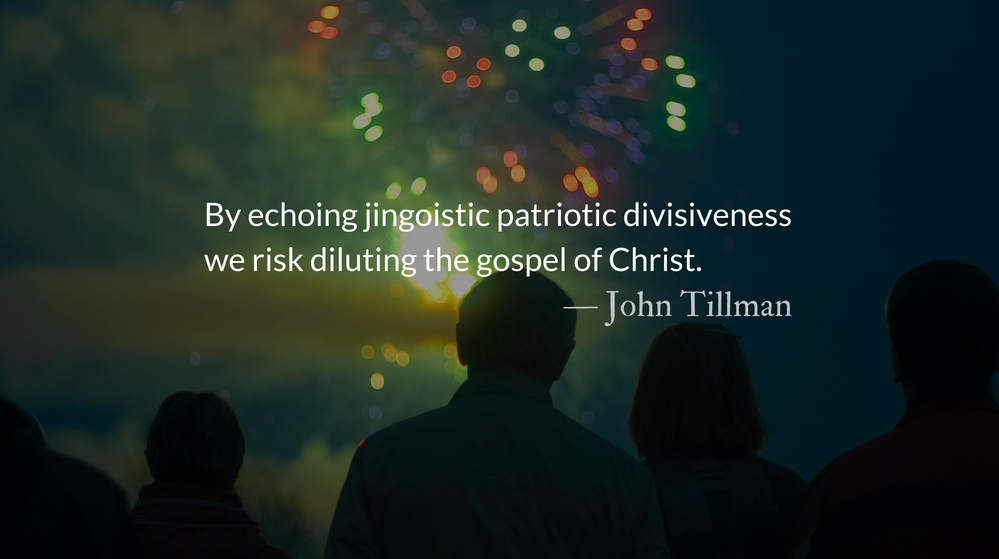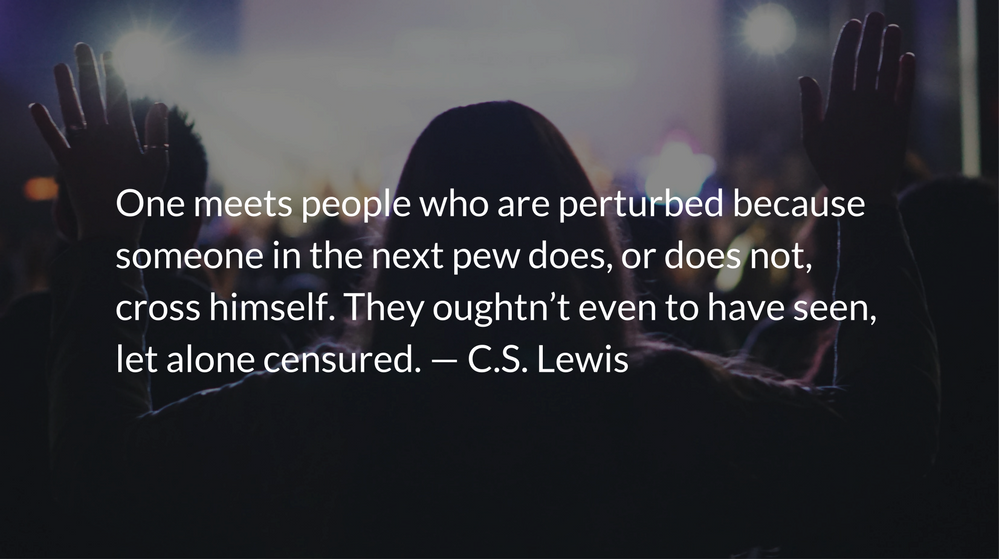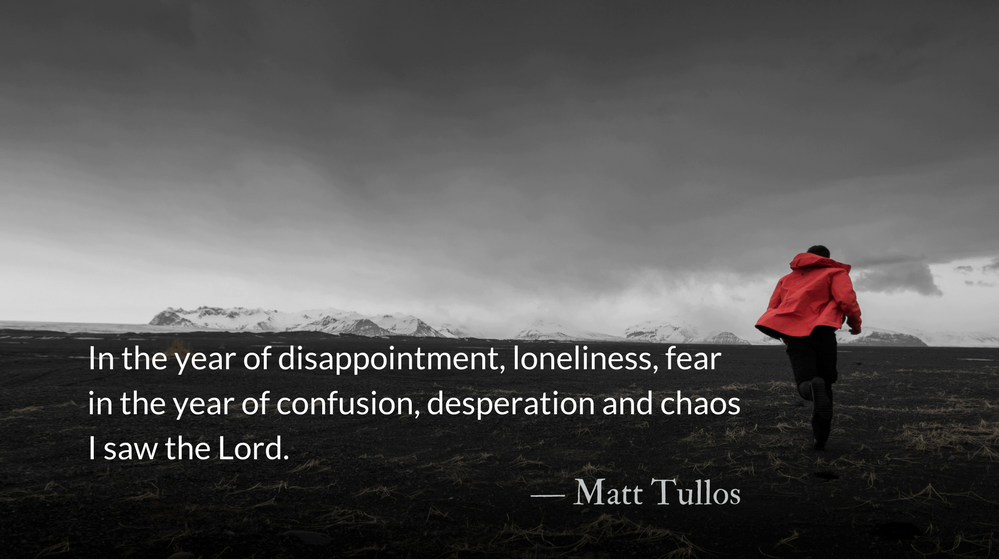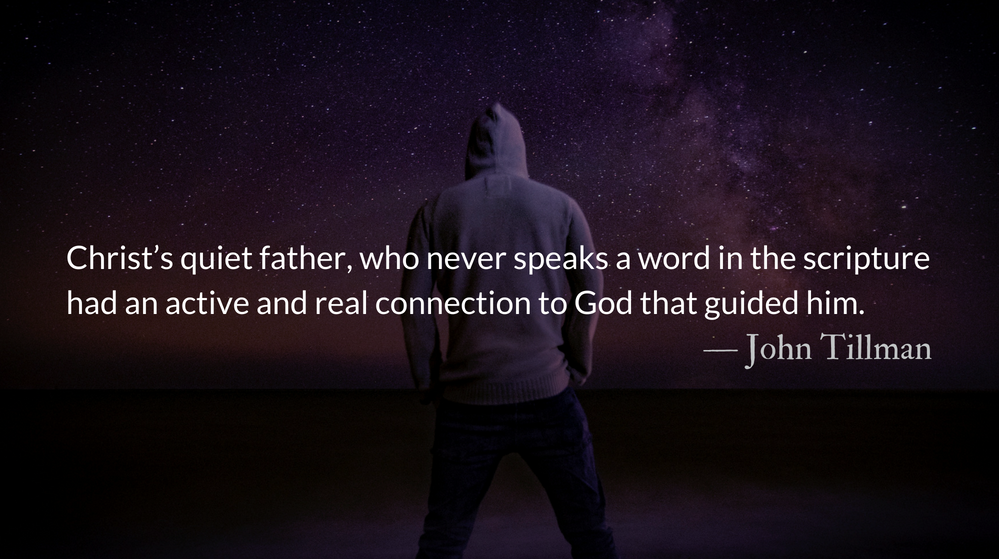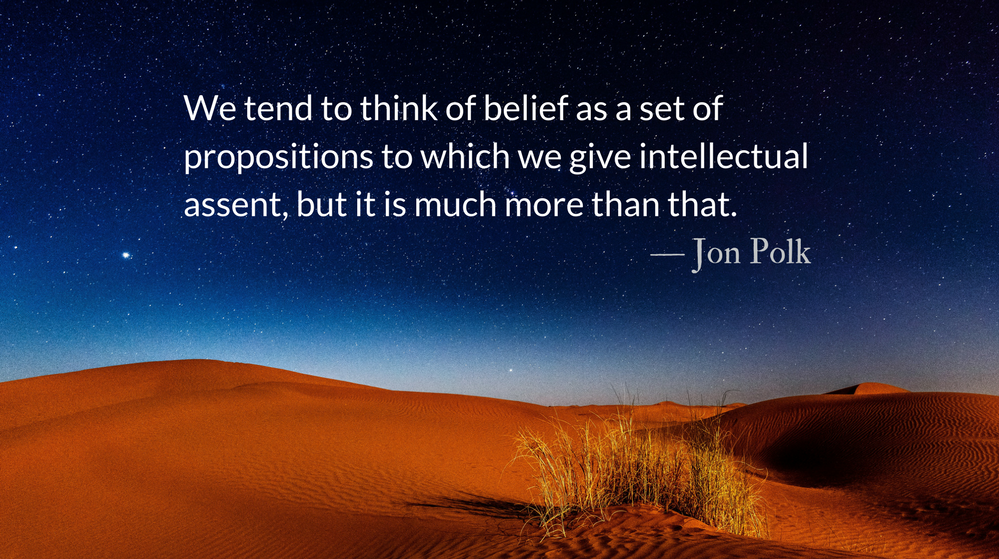Selected by reader, Brian, from DC
I stopped celebrating the 4th of July a long time ago. I stopped pledging allegiance to the US Flag more than 25 years ago. The most painful worship services I have been to in my life were in churches that had a full on “We celebrate the troops and the war” during the service. I cannot get past thinking that these things—done in church during worship services—is idolatry. We are called to be aliens and strangers in this land. The US is my current address but it is not my permanent home.
From John:
Brian and I have had many wonderful conversations via email. (I love hearing from readers!) I am so glad to have Brian’s voice regarding this post because I feel that Brian has a unique viewpoint, similar to views of Quaker and Mennonite communities. Some readers may agree or disagree with Brian and these well respected Christian groups. That’s okay.
This post made some readers on social media uncomfortable and was uncomfortable for me to write, being an extremely patriotic citizen who joyfully celebrates the 4th of July in my private life. But if what we read in the Bible only ever comforts us and never confronts us, causing discomfort, we might be missing part of what the Spirit wishes to say to us.
This post’s intention was never and is never to say “pledge” or “don’t pledge” to any flag or nation. (The post’s main concern is not what we do in our lives, but what we do in our worship services.) Instead this should call all of us to our knees before Christ to pledge that no earthly authority will be allowed to usurp His primacy. Brian has found where he feels God has called him to stand. We each must individually seek God’s face on this issue. May we do so with grace and humility.
Originally posted on July 3, 2018 with readings from Isaiah 65 and Matthew 13.
To a nation that did not call on my name,
I said, ‘Here am I, here am I.’
All day long I have held out my hands
to an obstinate people,
who walk in ways not good,
pursuing their own imaginations. — Isaiah 65.1-2
Reflection: Celebrating Earthly Kingdoms :: Readers’ Choice
By John Tillman
Celebrating the country in which one lives is not un-biblical but it can be a dangerous, idolatrous trap. In American churches, this past weekend (the closest to July 4th) many worshipers sang patriotic anthems with questionable theology or, in some cases, completely absent theology.
Hymnody has a long history of politically motivated and theologically dubious lyrics, usually expressing God’s divine blessing on the nation of the hymn writer. In 1778, New England hymn writer, William Billings, published this hymn as a declaration that the colonies were winning the war due to divine intervention. It’s a view that still survives in some quarters.
Let tyrants shake their iron rods
And slavery clank her galling chains
We see them not; we trust in God
New England’s God forever reigns.
Patriotism based on national pride is an easy idol to fall victim to. So is anti-patriotism. This is true whether anti-patriotism is based on national cynicism or idolatry of party instead of nation. Christians must avoid all of these.
In 1932 Germany, Dietrich Bonhoeffer struggled in a Memorial Day sermon with how patriotic days should be celebrated in his Berlin church.
When the church observes Memorial Day, it must have something special to say. It cannot be one voice in the chorus of others who loudly raise the cry of mourning for the lost sons of the nation across the land, and by such cries of mourning call us to new deeds and great courage.
It cannot, like the ancient singers of great heroic deeds, wander about and sing the song of praise of battle and the death of the heroes to the listening ears of enthralled young people.
Memorial Day in the church! What does that mean? It means holding up the one great hope from which we all live, the preaching of the kingdom of God.
No matter our country or party, by echoing jingoistic patriotic divisiveness we risk diluting the gospel of Christ. We must not be too enamored of any earthly kingdom. As Jesus said, our “kingdom is from another place.”
Wherever we live, we are in exile.
When we pray for our city, we are praying for the city of our exile.
When we pray for our country, we are praying for the country in which we are aliens, not citizens.
May we never settle for earthly kingdoms. May we yearn and long instead for Christ’s kingdom to come.
Prayer: The Call to Prayer
Know this: The Lord himself is God; he himself has made us, and we are his; we are his people and the sheep of his pasture. — Psalm 100.2
– Prayer from The Divine Hours: Prayers for Summertime by Phyllis Tickle.
Prayers from The Divine Hours available online and in print.
Today’s Readings
Ezekiel 3 (Listen – 4:41)
Psalm 39 (Listen – 1:49)
This Weekend’s Readings
Ezekiel 4 (Listen – 2:56) Psalm 40-41 (Listen – 3:57)
Ezekiel 5 (Listen – 3:28) Psalm 42-43 (Listen – 2:32)
Additional Reading
Read More The Seductive Idolatry of Politics
We must make sure we are pursuing actions that please Christ rather than pleasing human political kingdoms.
Read More about Temporary Victory
Elevating political victory to supreme importance is to confess functional atheism.
Support our Work
Every week The Park Forum sends over 13,000 email devotionals around the world. Support our readers with a monthly or a one time donation.

